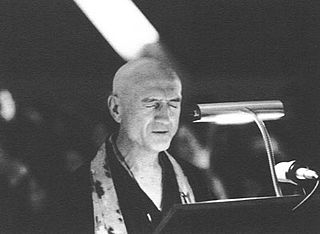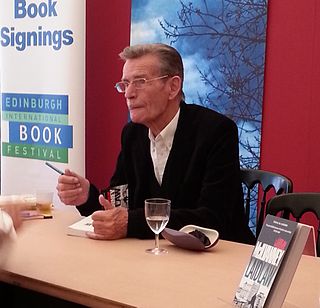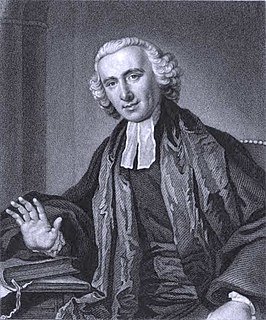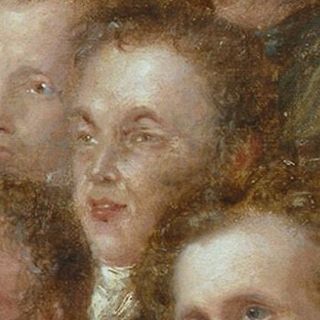A Quote by Lucian
I was still more concerned (a preference which you may be far from resenting) to strike a blow for Epicurus, that great man whose holiness and divinity of nature were not shams, who alone had and imparted true insight into the good, and who brought deliverance to all that consorted with him.
Related Quotes
It is thus that the generality of mankind, whose lot is ignorance, attributes to the Divinity, not only the unusual effects which strike them, but moreover the most simple events, of which the causes are the most simple to understand by whomever is able to study them. In a word, man has always respected unknown causes, surprising effects that his ignorance kept him from unraveling. It was on this debris of nature that man raised the imaginary colossus of the Divinity.
By salvation I mean not barely according to the vulgar notion deliverance from hell or going to heaven but a present deliverance from sin a restoration of the soul to its primitive health its original purity a recovery of the divine nature the renewal of our souls after the image of God in righteousness and true holiness in justice mercy and truth.
What is natural in me, is natural in many other men, I infer, and so I am not afraid to write that I never had loved Steerforth better than when the ties that bound me to him were broken. In the keen distress of the discovery of his unworthiness, I thought more of all that was brilliant in him, I softened more towards all that was good in him, I did more justice to the qualities that might have made him a man of a noble nature and a great name, than ever I had done in the height of my devotion to him.
Four experts had an appointment with an ordinary man. They needed him to ratify their findings, or anything they achieved would be meaningless. As they drove to meet him, they knocked down a man on the road. He was dying. If they tried to save him, they might miss their appointment. They decided that their appointment, which concerned all of us, was more important than the life of one man. They drove on to keep their appointment. They did not know that the man they were to meet was the man they had left to die.
As far as I am concerned, I resign from humanity. I no longer want to be, nor can still be, a man. What should I do? Work for a social and political system, make a girl miserable? Hunt for weaknesses in philosophical systems, fight for moral and esthetic ideals? It’s all too little. I renounce my humanity even though I may find myself alone. But am I not already alone in this world from which I no longer expect anything?
For what St. Augustine said is true, that one can sing nothing worthy of God save what one has received from Him. Wherefore though we look far and wide we will find no better songs nor songs more suitable to that purpose than the Psalms of David, which the Holy Spirit made and imparted to him. Thus, singing them we may be sure that our words come from God just as if He were to sing in us for His own exaltation. Wherefore, Chrysostom exhorts men, women, and children alike to get used to singing them, so as through this act of meditation to become as one with the choir of angels.
The sovereign good of man is a mind that subjects all things to itself and is itself subject to nothing; such a man's pleasures are modest and reserved, and it may be a question whether he goes to heaven, or heaven comes to him; for a good man is influenced by God Himself, and has a kind of divinity within him.
Man is not the most majestic of the creatures; long before the mammals even, the dinosaurs were far more splendid. But he has what no other animal possesses: a jigsaw of faculties, which alone, over three thousand million years of life, made him creative. Every animal leaves traces of what he was. Man alone leaves traces of what he created.
In any case, the bayonet isn't as important as it used to be. It's more usual now to go into the attack with hand-grenades and your entrenching tool. The sharpened spade is a lighter and more versatile weapon - not only can you get a man under the chin, but more to the point, you can strike a blow with a lot more force behind it. That's especially true if you can bring it down diagonally between the neck and the shoulder, because then you can split down as far as the chest. When you put a bayonet in, it can stick, and you have to give the other man a hefty kick in the guts to get it out.
Spinoza , for example, thought that insight into the essence of reality, into the harmonious structure of the eternal universe, necessarily awakens love for this universe. For him, ethical conduct is entirely determined by such insight into nature, just as our devotion to a person may be determined by insight into his greatness or genius. Fears and petty passions, alien to the great love of the universe, which is logos itself, will vanish, according to Spinoza, once our understanding of reality is deep enough.



































